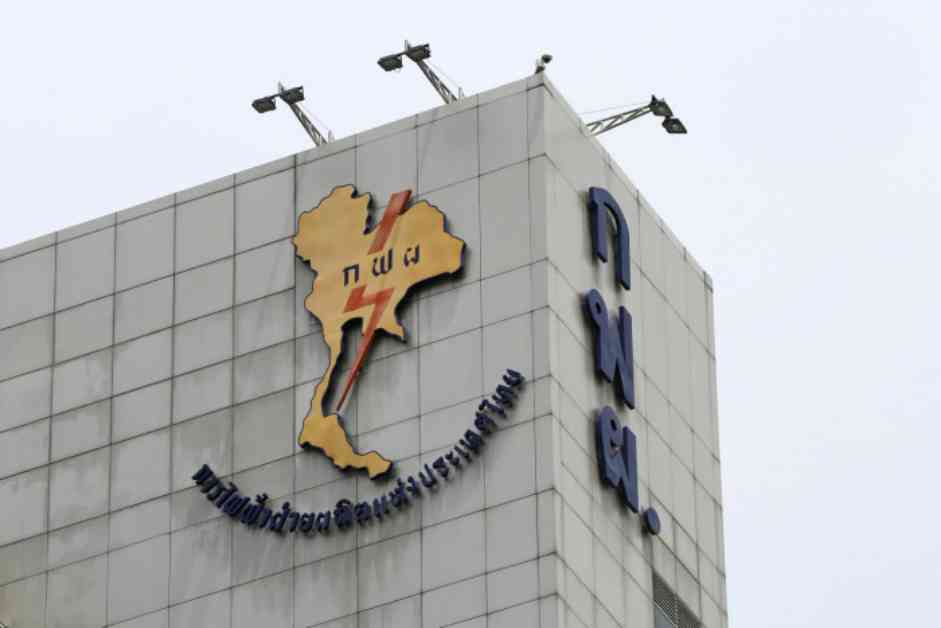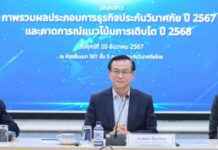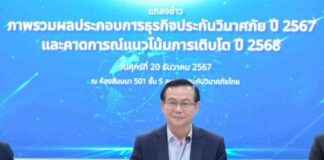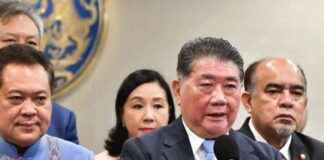Thai authorities are planning to collaborate with the Laos government to increase the use of renewable energy across borders. This initiative aims to reduce carbon dioxide emissions and promote the adoption of clean energy sources. Thai businesses will have the opportunity to purchase renewable power from Laos through a “cross-border energy attribute certificate” scheme. This certificate will be granted to companies that reduce carbon emissions by using renewable energy in their operations.
The Electricity Generating Authority of Thailand (Egat) is working on a new regulation that will enable entrepreneurs to buy renewable power from Laos. This move is part of the efforts to enhance the use of clean energy and reduce reliance on traditional power sources. Laos has been supplying electricity, mainly from hydropower facilities, to Thailand for over two decades, with a volume of 6 gigawatts.
In order to implement this scheme, Thai policymakers need to engage in discussions with their Laotian counterparts. The success of these talks could lead to the signing of a memorandum of understanding (MoU) between the two countries. The focus of the discussions will include clarifying issues such as the calculation of carbon dioxide reduction for buyers of renewable power. It is important to establish a common calculation method to ensure consistency and transparency in the energy trade.
The proposed scheme aligns with the recommendations of the RE100 group, a global initiative that encourages companies to transition to 100% renewable energy. By participating in this scheme, businesses can directly purchase electricity from renewable power providers in Laos, bypassing the need for agreements with Egat. However, the implementation of this initiative hinges on the outcome of the technical and legal discussions between the two countries.
This cross-border energy initiative is expected to meet the growing demand for renewable energy in Thailand, particularly among foreign investors. The Thai government has been actively promoting the use of clean energy, as evidenced by the approval of a pilot project that allows companies, especially those in data center development, to procure electricity directly from renewable power producers in the country. This move marks a significant step towards enabling peer-to-peer power trading in the renewable energy sector, which has not been allowed in Thailand previously.
Overall, the collaboration between Thailand and Laos in promoting renewable energy initiatives signifies a positive step towards achieving sustainability and reducing carbon emissions in the region. By fostering cross-border cooperation and facilitating the adoption of clean energy sources, both countries can contribute to a more environmentally friendly and sustainable future.




















